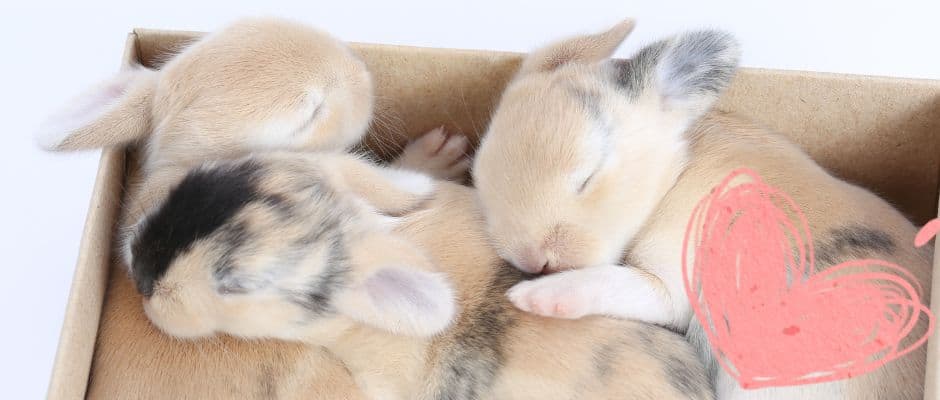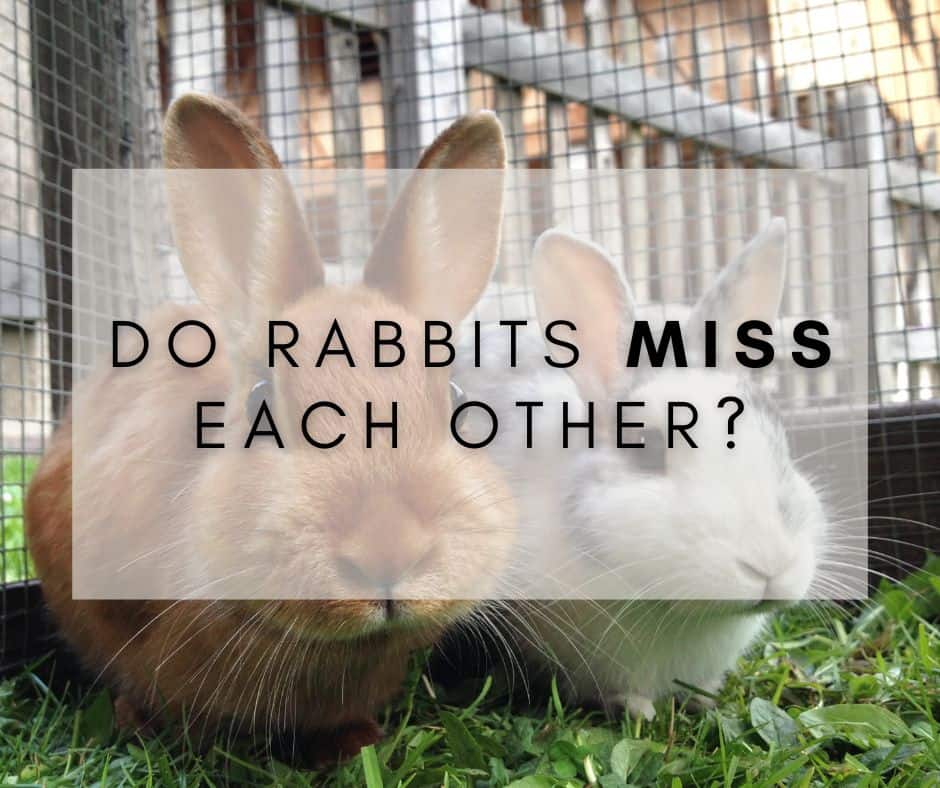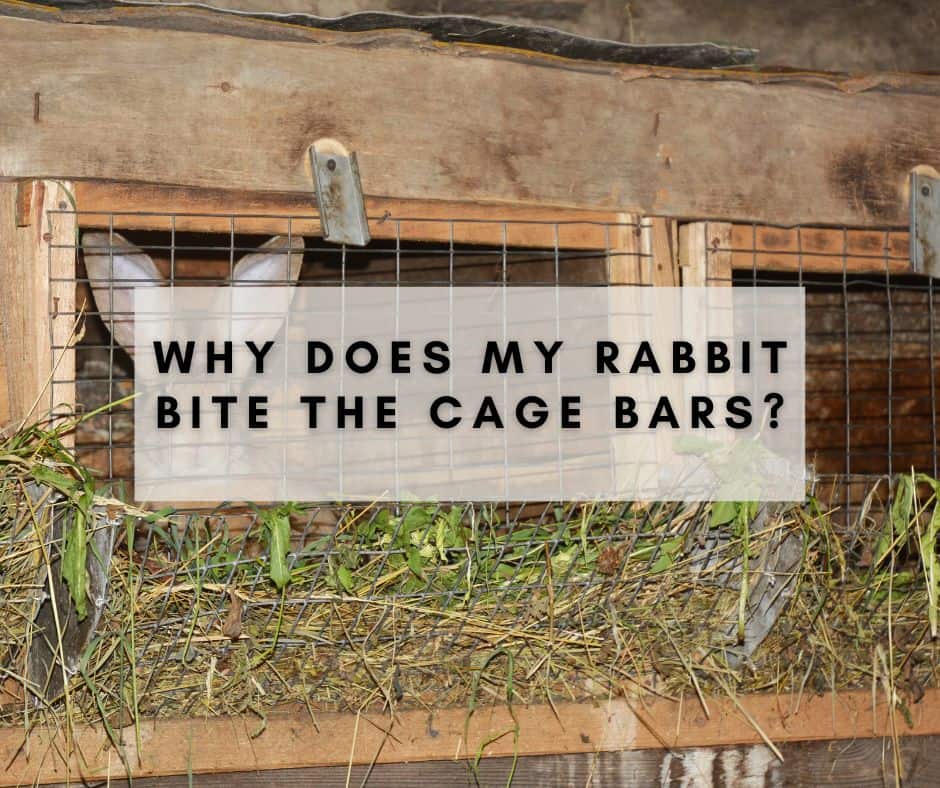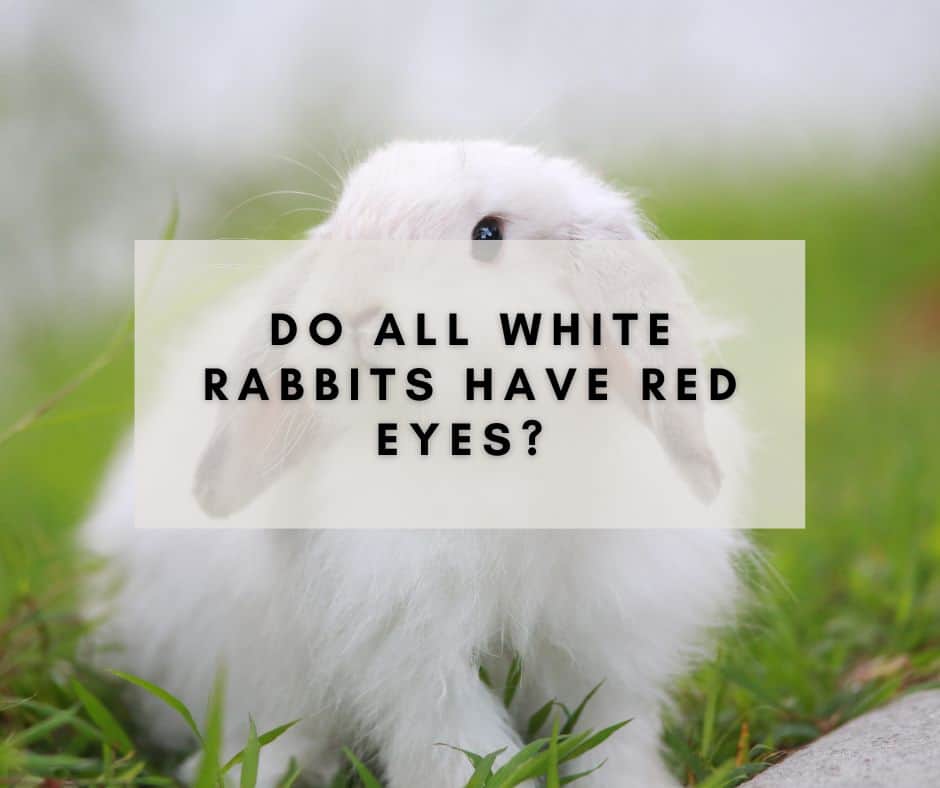Rabbits are social animals, and they love to be around other rabbits. They communicate with each other in a variety of ways, including through body language, vocalizations, and scent marking. But do rabbits miss each other when they’re separated? This is a common question among rabbit owners and lovers. In this blog post, we’ll explore the answer to this question and provide some insights into the social behavior of rabbits.
Contents
Do Rabbits Miss Each Other?
Yes, rabbits do miss each other when they are separated. Rabbits are social animals that form strong bonds with their companions. They rely on their social interactions for their emotional well-being. When rabbits are separated from their companions, they can experience stress and anxiety, which can lead to health problems.
How Do Rabbits Communicate?
Rabbits use a variety of methods to communicate with each other. They use body language, vocalizations, and scent marking to convey information and establish their social hierarchy. For example, rabbits may use their ears to communicate their mood. A relaxed rabbit will have its ears up and forward, while a frightened or agitated rabbit will have its ears flattened against its head. However, some breeds have their ears flat on their head all the time.
Rabbits also use vocalizations to communicate. They can make a variety of sounds, including grunts, squeals, and even screams. These sounds can indicate a range of emotions, from contentment to fear and distress.
Finally, rabbits use scent markings to communicate with other rabbits. They have scent glands located on various parts of their body, and they use these glands to leave their scent on objects and surfaces. By doing so, they establish their territory and communicate with other rabbits.

Signs of Separation Anxiety in Rabbits
When rabbits are separated from their companions, they can become anxious and distressed. They may exhibit signs of stress, such as reduced appetite, lethargy, and aggression. They may also become more vocal, making loud noises or even screaming. These behaviors are signs that the rabbit is experiencing separation anxiety and is missing its companion.
In addition to behavioral changes, rabbits may also experience physical symptoms of stress. They may develop gastrointestinal problems, such as diarrhea or constipation. They may also experience a weakened immune system, making them more susceptible to illness.
The Importance of Rabbit Companionship
Because rabbits are social animals, they need to have companionship. Keeping a single rabbit is not recommended, as they can become bored and lonely. Rabbits need the social interaction and mental stimulation that comes with having a companion.
When introducing a new rabbit to your existing rabbit, it’s important to do so gradually and under supervision. Rabbits can be territorial, and they may become aggressive toward a new companion if they feel threatened. Introducing rabbits in a neutral space and providing plenty of hiding places and toys can help to reduce stress and prevent aggressive behavior.
Tips for Maintaining Rabbit Companionship
If you are a rabbit owner, it’s important to provide your rabbit with a companion to prevent boredom and loneliness. Here are some tips for maintaining rabbit companionship:
- Choose a companion that is compatible with your rabbit’s personality and temperament.
- Provide plenty of space and resources, such as food dishes and litter boxes, to prevent resource guarding.
- Monitor their interactions to ensure they are getting along and not exhibiting aggressive behavior.
- Provide plenty of toys and mental stimulation to prevent boredom.
Can Rabbits Lose Their Bond?
Yes, rabbits can lose their bond with each other. If the two rabbits are not getting along or one rabbit is consistently exhibiting aggressive behavior towards its companion, then it may be necessary to separate them. Separating rabbits that do not get along will help prevent aggression and ensure that both rabbits remain healthy and safe. In these cases, it’s important to provide the rabbits with plenty of space and resources to reduce stress. Additionally, introducing other rabbits may help to re-establish the bond between them.
It is important to note that while some rabbits may lose their bond over time, most will remain bonded for life if they are provided with a good environment and companionship. Providing your rabbits with a clean and spacious enclosure, plenty of toys and enrichment activities, and a compatible companion will help create an environment where they can form a strong bond that will stand the test of time.
Can You Keep a Single Rabbit?
It is not recommended to keep a single rabbit, as they are social animals and need companionship. While it may be possible for a single rabbit to live happily in an enclosure with plenty of space and resources, most rabbits benefit from having another rabbit companion.
Rabbits can form strong bonds with their companions, providing them with mental stimulation and social interaction that is necessary for their well-being. Additionally, having a companion can help prevent boredom and loneliness that can lead to stress and health issues. Therefore, it is recommended to provide your rabbit with a compatible companion if possible.
For rabbits without companions, providing plenty of toys and enrichment activities can help reduce boredom and keep them mentally stimulated.
Conclusion:
In conclusion, rabbits do miss each other when they are separated. They are social animals that form strong bonds with their companions and rely on their social interactions for their emotional well-being. If you are a rabbit owner, it’s important to provide your rabbit with a companion to prevent boredom and loneliness.
When introducing a new rabbit to your existing rabbit, it’s important to do so gradually and under supervision. By providing your rabbits with companionship, you can ensure that they are happy, healthy, and thriving.
As with any pet, it’s important to provide your rabbits with the care and attention they need to live a happy and healthy life. If you’re considering getting a rabbit, be sure to research its social needs and care requirements to ensure that you are prepared to provide them with the best possible care.
Remember, rabbits are social animals that need companionship to thrive. By providing your rabbits with a companion and monitoring their interactions, you can ensure that they are living a happy and fulfilling life.





